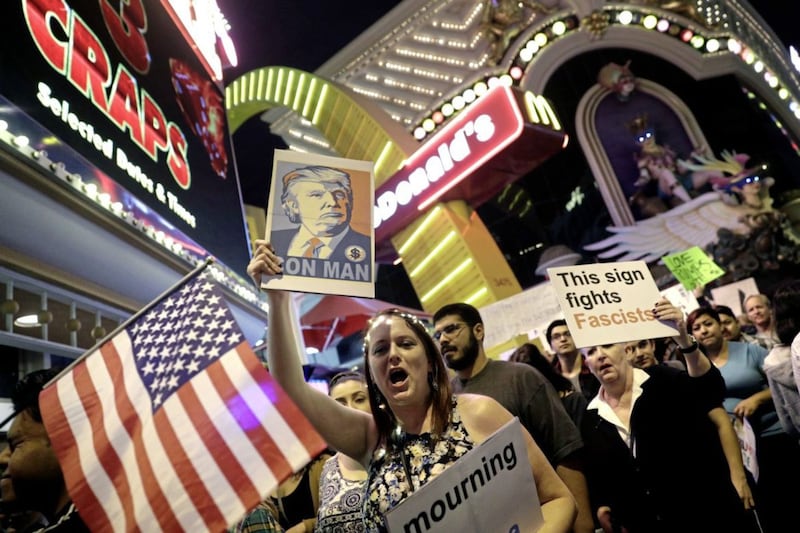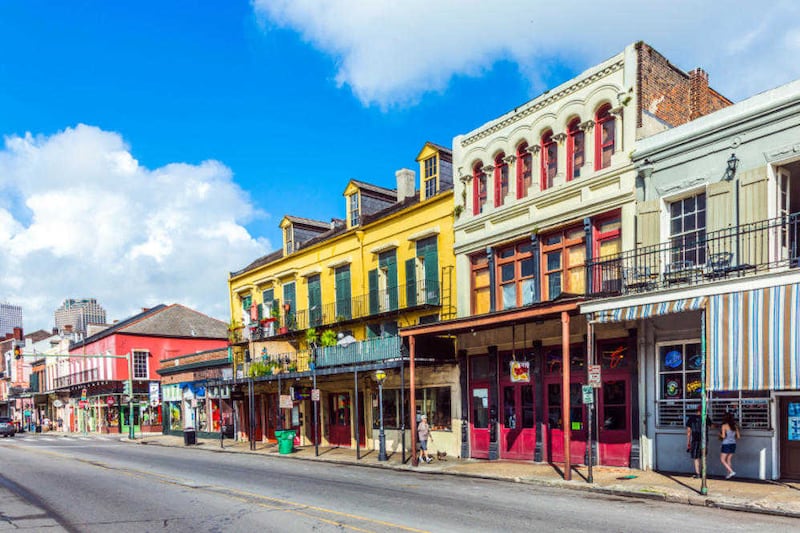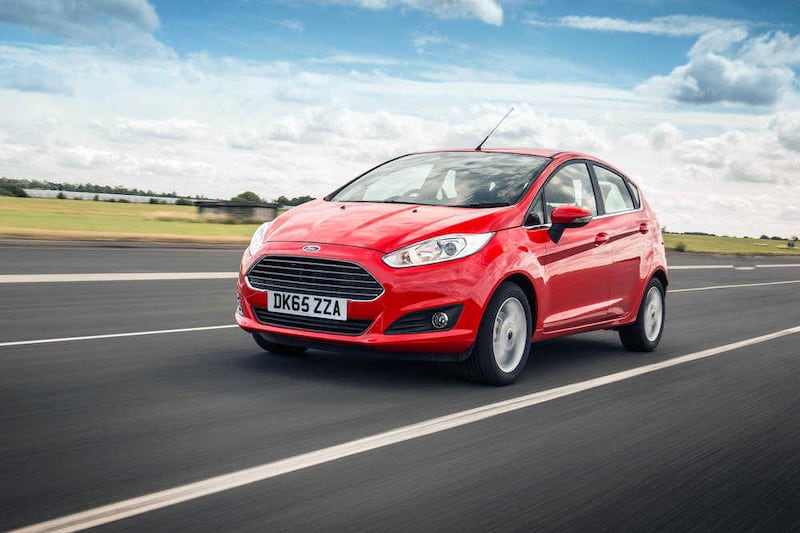THEY haven’t been on any menus in the Belgian capital this week, but Comber earlies, Armagh Bramley apples and Lough Neagh eels will at least have been on the lips of delegates as negotiations crank up on the world’s biggest-ever free trade agreement.
Those staples of the north’s agri-food sector are among around 1,500 European products which enjoy what is known as ‘geographical indication’ (GI) status.
The mark stamps certain products as possessing certain unique qualities or enjoying a particular reputation due to its place of origin.
And as negotiations on the Transatlantic Trade and Investment Partnership (TTIP) reach what officials in Brussels are calling the ‘middle game’, the issue of GIs is emerging as one of a number of stumbling blocks.
Negotiators on the European side are demanding that the US should recognise and protect the EU’s list of agricultural and foodstuff GIs.
These are worth €55 billion a year and make up around 6 per cent of the entire EU food and drink industry.
But the US does recognise and protect geographical indications, instead using a trademark regime, and the differences are so extreme, that a compromise position is still some distance off.
The official line from the current round of talks remains that the controversy-shrouded treaty should be signed off before the next US President is sworn in next January.
However, an increasing number of politicians in Europe are voicing real fears that TTIP could fall into oblivion or at least be scaled down.
“I’m worried we’ve not come far enough and I don’t believe we’ll now be able to do a deal in the anticipated time scale,” Swedish Christian Democrat MEP Christopher Fjellner said yesterday.
“After the US election, there’ll be eight to ten months of nothing, and the momentum gained to now will be lost.”
German MEP Berndt Lange went further, telling journalists at a European Parliament briefing: “I’m not sure January is a realistic scenario.
“I’ve no idea who’ll win the US election, but if we can’t get it done under the Obama regime, we have to realise that Donald Trump is not a friend of TTIP.”
The TTIP deal – which it is claimed will be worth around £10bn a year to the UK economy (that’s £400 per family) – has being negotiated largely under the radar until now.
Only the national parliaments in Germany, Luxembourg and Austria (the deal’s most vehement critic) have had an informed debate on the issue.
Indeed TTIP has drawn largely negative press coverage so far, and officials in both the US and EU camps admit they’ve under-estimated the media impact of the negotiations.
Journalists from a dozen European regions are being given an inside track on TTIP this week in Brussels, and next week they’ll be travelling to Washington and New Orleans.
One source told the Irish News: “This is on a completely different scale than on any other trade agreement we’ve ever dealt with before, so we’re forced to communicate more and better about how the process is working.”








